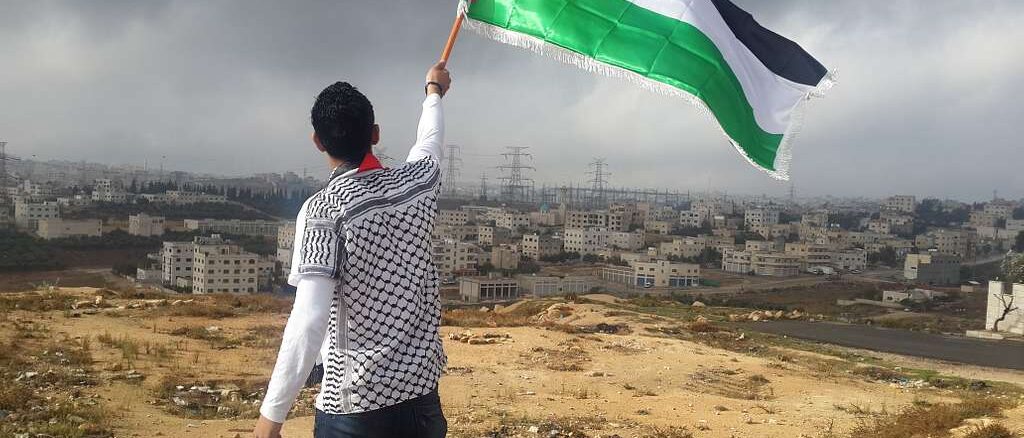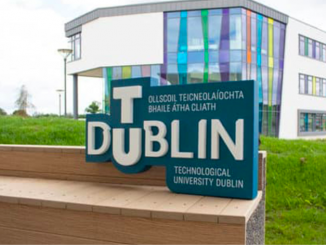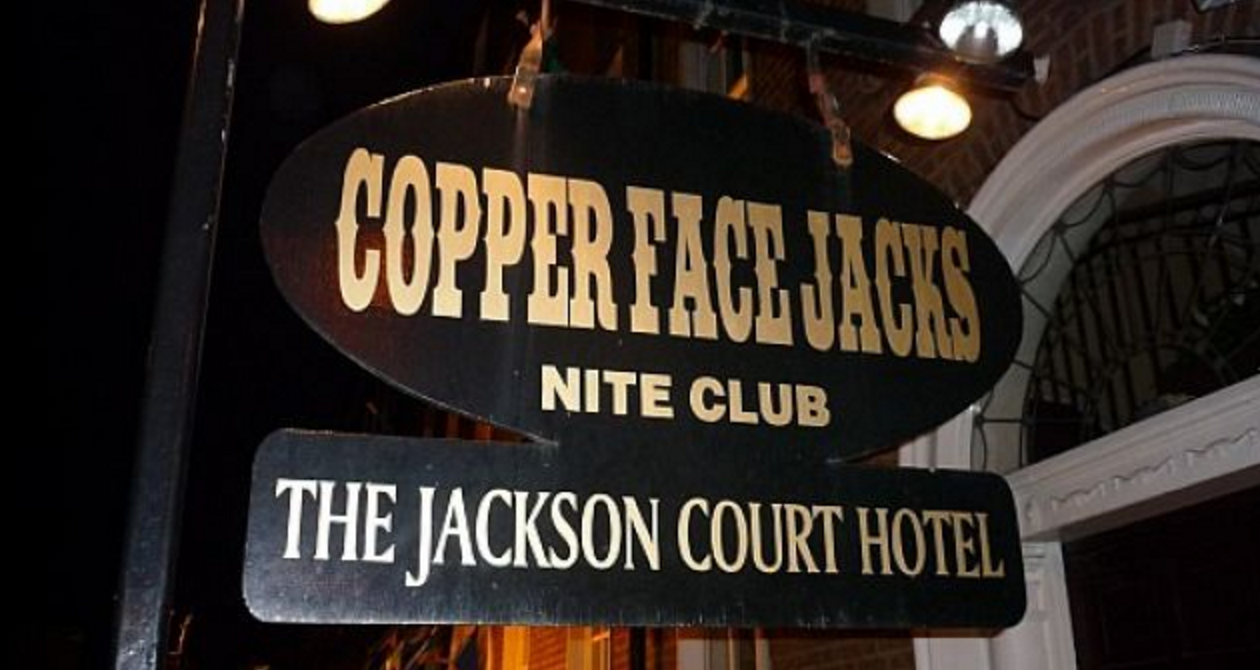
Activism in academic settings has long been a tradition, and Ireland is no stranger to student-led protests. Yet in Israel’s destruction of Palestinian universities, there lies a central question: what does academia stand for?
Beyond conversations that often consist of a moral attempt to disseminate Israel’s journey to statehood, Palestine’s tumultuous past has reared its head many times in academia. The roots of the conflict, Israeli historian Tom Segev wrote in 1999, was the 31-year British Mandate.
To put it plainly, British colonialism, he says, fertilised the ground for a Zionist movement to grow.
Ireland’s history at this time is not completely divergent, either: the infamously ruthless Black and Tans were consigned to Palestine following the establishment of the Irish Free State in 1922. A spout of conflict over Zionist landlords in the 1880s, in Palestine, also bears resemblance to Ireland’s problem of land ownership in the late nineteenth century.
Similar historical experiences could explain Ireland’s steadfast support for Saoirse don Phalastín, and it definitely provides some explanation for the wide acceptance amongst young people of Kneecap’s pro-Palestine rhetoric. Ireland was colonised by Britain, too, and suffered the consequences. A system of two-jurisdictions also exists on our island.
But the full explanation behind much of students’ Palestinian solidarity derives from education; we can read, have the resources and access to literature, research and a free press. Most importantly, we have universities. Gaza does not reap the rewards of an education free from military slaughter.
“Israel imposed the siege on Gaza in 2007, and kept it, you know? Every single escalation of war: in 2008, 2009, 2014, 2017, 2020, Israel targeted universities in the thousand[s],” said former Gaza University academic Dr. Wesam Amer, at a talk in DCU last month. “Israel targets the universities in Gaza,” he repeated. “It’s not a claim, it’s literally true,” he told the audience, showing an image of his former campus in Gaza City that has now been burned to the ground.
Dr. Amer’s concern, he said, is the ongoing “brain drain” of Gaza. This worry is certainly well-substantiated: all of Gaza’s universities are gone. In April 2024, UN human rights experts decried the “systematic destruction” of the education system in the Gaza Strip, rendering Gaza a place home to no form of higher education. Since the 7th of October 2023, 46,707 Palestinians have been killed in Gaza, reported Al Jazeera in January of this year. That figure includes an estimated 18,000 children.
Given that Palestine has been subjected to violence for almost 77 years, Dr. Amer’s indication of “scholasticide” in Gaza is an eerie marker of the loss of social mobility, leaving Gaza with diminishing paths to cultural, social and generational survival. “The ultimate goal should be the end of war [on Gaza],” said Dr. Amer. “[But] in terms of long term response and necessary actions, we need to build partnerships between Gazan universities and universities around the world, including DCU, hopefully as a strategic and constructive approach to rebuild Gaza,” said Dr. Amer.
In February, DCU formally condemned Israel’s military initiative. The statement expressed condemnation of the “ongoing violence by the Israeli state,” and noted the “past acts of epistemicide and scholasticide which targeted schools and other educational infrastructure.”
Although no partnerships with Palestinian institutions currently exist.
Dr. Eileen Culloty, in DCU’s School of Communications, believes there needs to be a higher emphasis placed on academic boycotts of Israel, drawing parallels to the success of boycotting and sanctions of South African produce during Apartheid. “Academic institutions have a certain level of cultural power, and they could use that to pressure the Israeli state to recognise the rights of Palestinians,” Dr. Culloty said.
While DCU has no ties with Israeli institutions, nor does the university have investments in Israel, a counter-terrorism project named EU-GLOCTER is coordinated by DCU in tandem with the Israeli Reichman University. This project is designed to combat terrorism in the realm of science and technology, training doctoral researchers with funding from the European Union.
Dr. Culloty noted that “universities have a certain amount of autonomy,” where “the [Irish] government don’t really tell universities what to do,” she said. “But when it comes to it, [DCU] isn’t really prepared to say we will not partner with an Israeli university,” added Dr. Culloty.
Meanwhile, Éabha Ní Aodha in UCD, a founding member of UCD Boycotts, Divestments and Sanctions (BDS), said she started protesting in 2021. “What we’re doing is based on the sanctity and importance of human life. I’m not boycotting and pressuring divestment in all this for the goodness of my health,” she said. In 2024, BDS encampments from UCD and TCD were successful in affirming university action against Israel, where UCD tightened the governance of foreign investments and established eight new scholarships for Palestinian applicants. TCD also divested funds from three Israeli companies.
“UCD isn’t going to stop a genocide, I know that. But through political and financial ties UCD has the power to stop- or to wash their hands of this, and create a safe space for all students,” said Ní Aodha. This applies to universities across Ireland, she added.
It is clear that a mandate exists among students and academics for robust action against Israel.
Palestinian stories of violence and struggle have previously been immortalised in books, in journalistic endeavours and in academic realms. Education is what survives them.
Dr. Wesam Amer’s words reflect a continued pursuit for Irish solidarity in Palestine, which is reflected in student ventures across the country.



